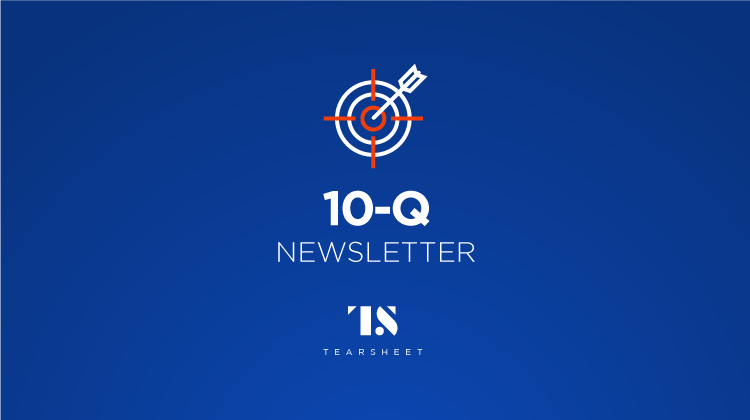10-Q
Weekly 10-Q: The big question — how did Wall Street banks perform this quarter?
- Q2 results show how well (or not) the quarter ended for big banks.
- Citigroup will now count payments from peer-to-peer services as direct deposits, enabling customers to get rid of monthly fees on checking accounts.








